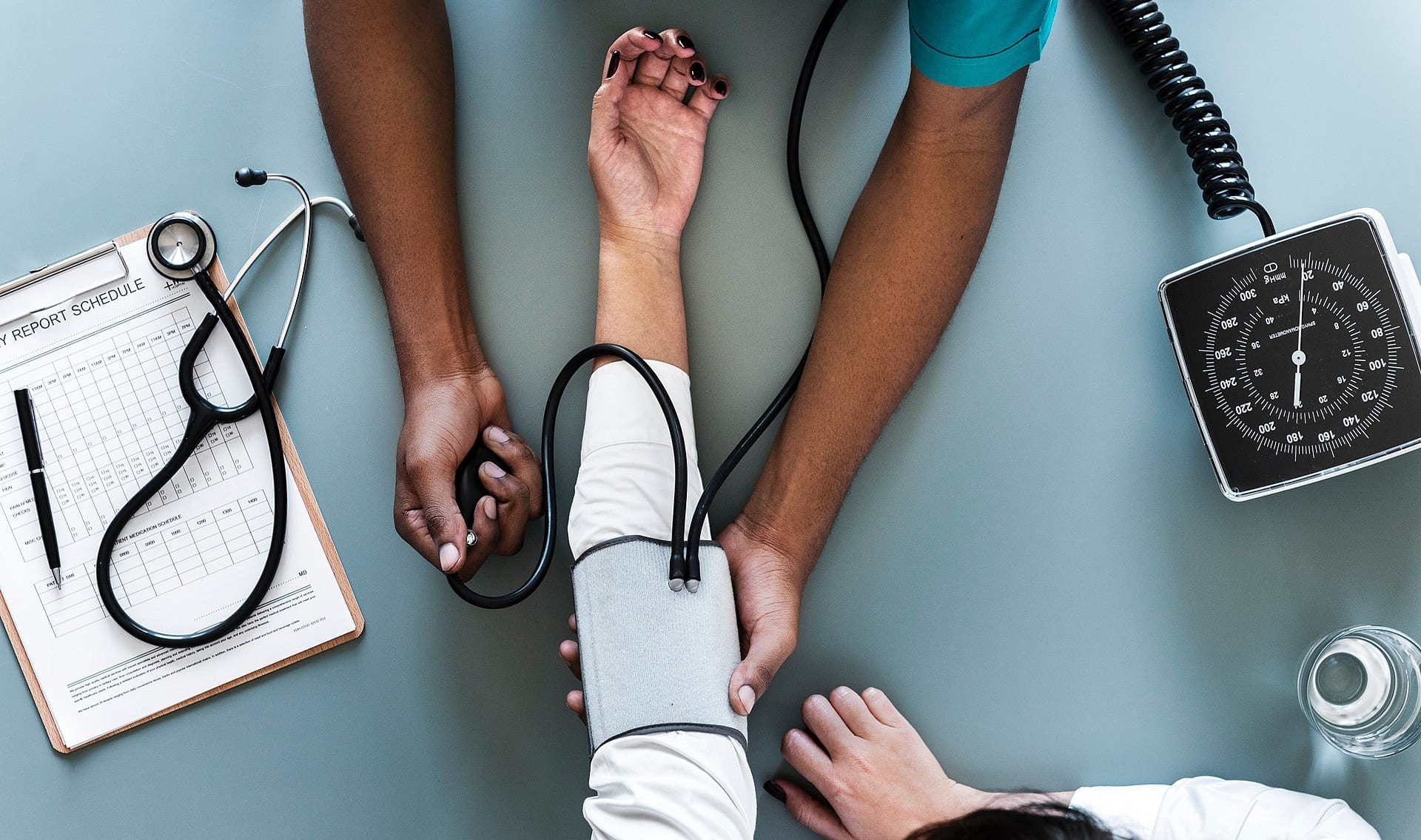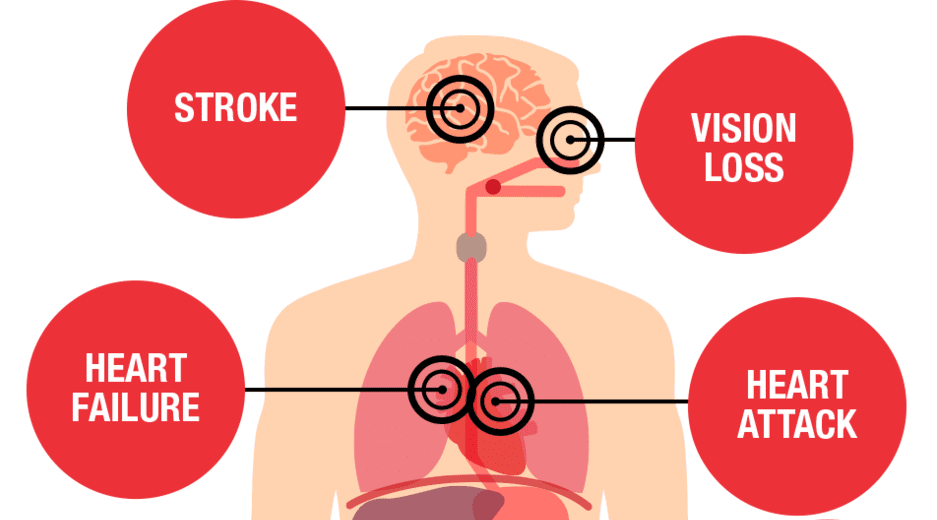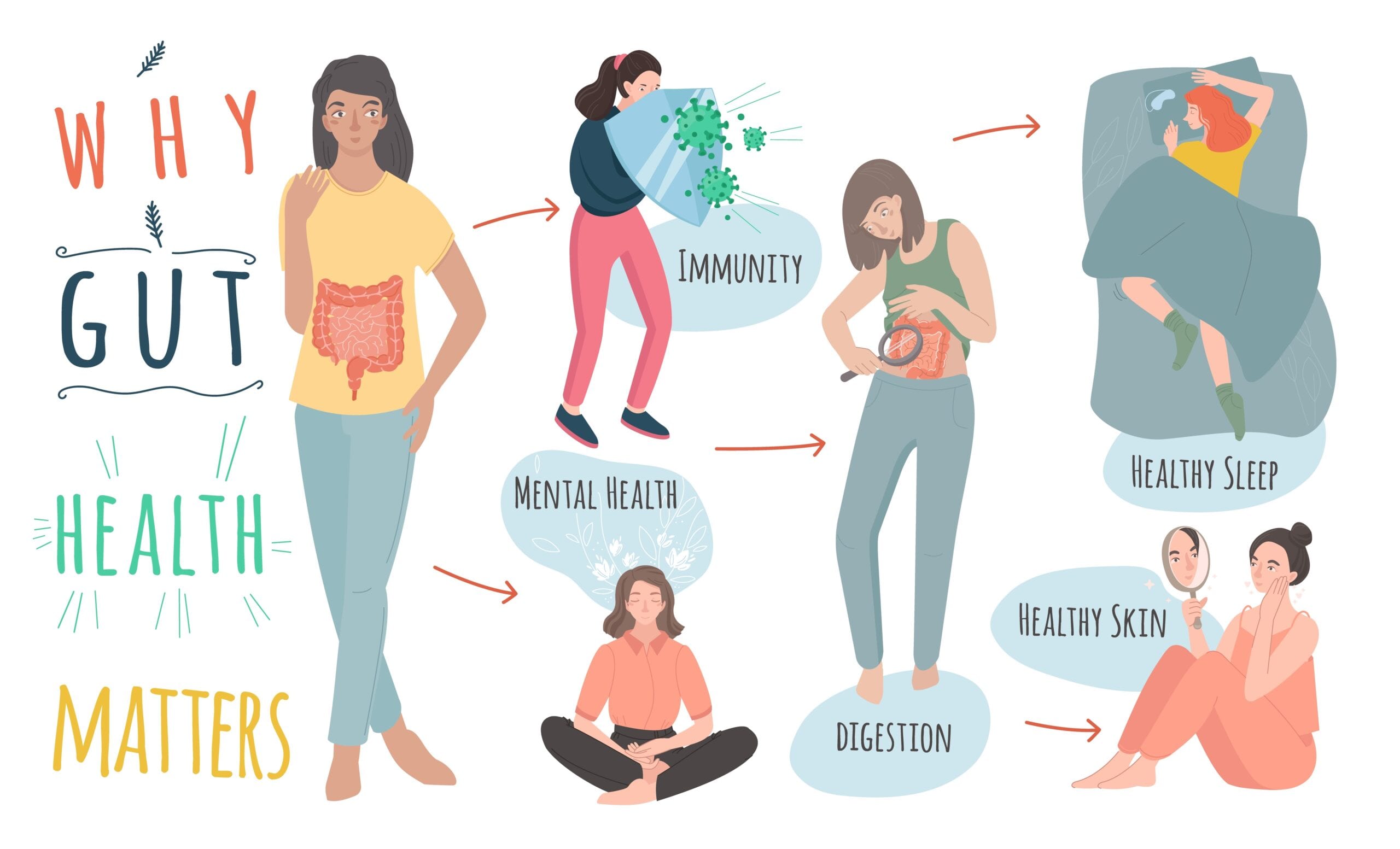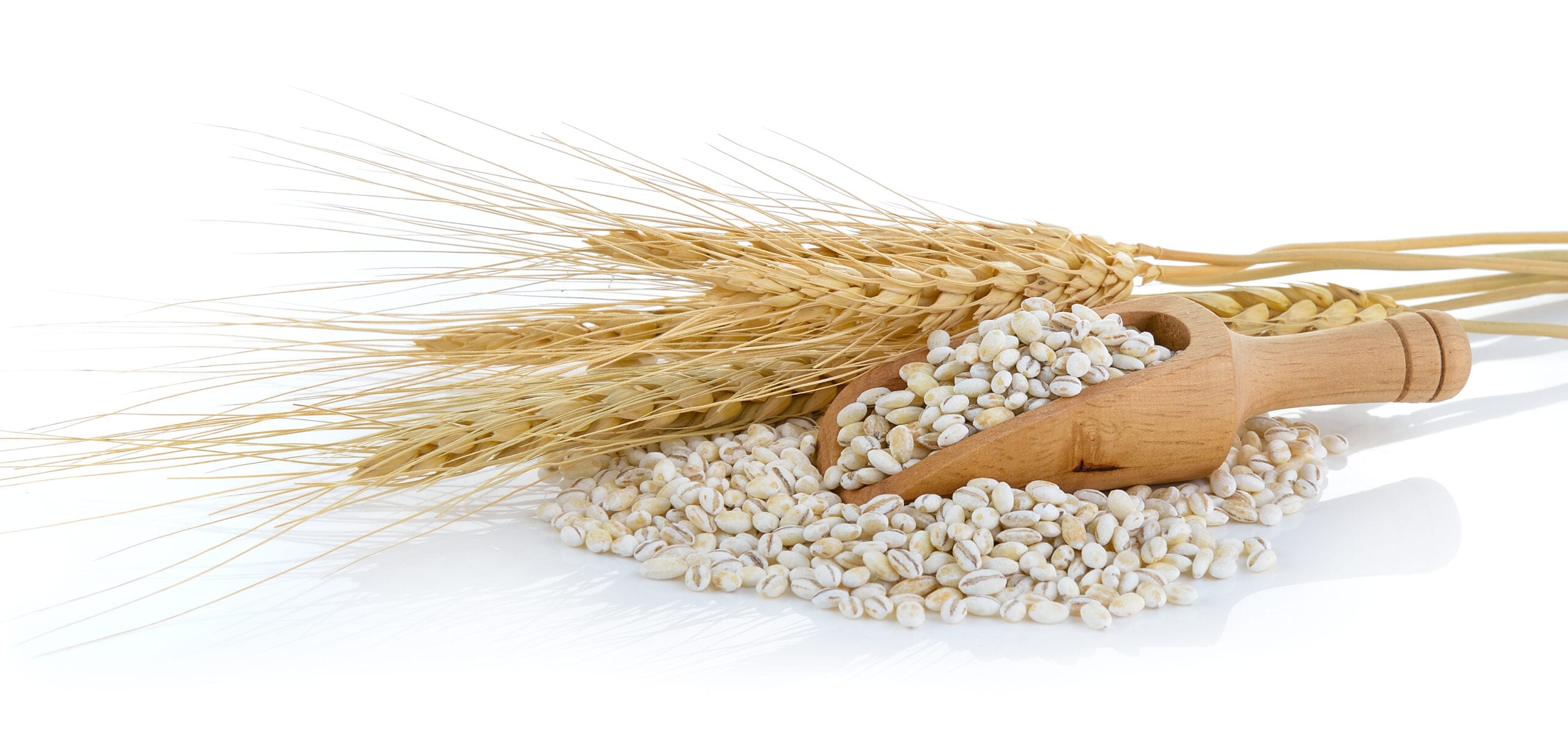
High blood pressure, known as hypertension, is a common condition where blood flows through arteries at a higher pressure. In fact, over 103 million people live with hypertension in America. Additionally, only 54 percent of them have their blood pressure under control.
You can have high blood pressure or hypertension and still feel just fine. That’s because high blood pressure often does not cause illness signs that you can see or feel. But, high blood pressure, sometimes called the “silent killer,” is prevalent in older people and a significant health problem. If left uncontrolled, it can lead to stroke, heart disease, eye problems, kidney failure, and other health problems.
Uncontrolled high blood pressure may progressively worsen and lead to a hypertensive crisis.
Hypertensive crisis is a condition wherein the blood pressure suddenly increases to 180/120 mmHg or higher. When the blood pressure is this high, your heart may not pump blood efficiently to your organs, ultimately leading to organ damage. Signs and symptoms include severe chest pain, severe headache, nosebleed, shortness of breath, severe anxiety, nausea, fatigue, blurry vision, and heart palpitations.

Risk factors for high blood pressure can include smoking, being overweight or obese, lack of physical activity, too much salt in the diet, too much alcohol consumption (more than 1 to 2 drinks per day), stress, older age, genetics, family history, chronic kidney disease, adrenal and thyroid disorders, sleep apnea, and poor nutrition.
There are several nutrients to help lower your blood pressure that we recommend:
Coenzyme Q10 (CoQ10) — A 2012 study published in the journal Atherosclerosis suggests that CoQ10 supplementation may improve blood vessels’ health. CoQ10 may lower your risk for high blood pressure and other cardiovascular diseases. Another study also found that CoQ10 may lower the systolic and diastolic blood pressure of hypertensive patients without significant side effects.
Magnesium — Magnesium deficiency due to insulin resistance is one of the causes behind constricted blood vessels, leading to hypertension. To help your blood vessels relax and dilate, you should maintain optimum magnesium levels.
Vitamin D — Studies have shown that vitamin D deficiency contributes to arterial stiffness and hypertension. It’s also linked to insulin resistance and obesity, both of which are major risk factors for hypertension. The best way to optimize vitamin D levels is through sun exposure. If you can’t get enough sun exposure regularly, you may opt to take an oral vitamin D3 supplement.
Calcium — Studies have shown that increasing your calcium intake may have an anti-hypertensive effect, making it a useful supplement for hypertension. However, if you opt to take calcium, make sure that you balance it with your vitamin K, vitamin D, and magnesium levels, too.
L-arginine — A study published in the American Heart Journal shows that l-arginine supplementation significantly lowered both the systolic and diastolic blood pressure levels.
Phosphatidylcholine — This can help make your arteries more elastic, thus requiring less force to push blood through the arteries.
Boomer Boost contains all of these compounds.
Additional preventative measures:
Be sure to exercise regularly — Following a consistent light to a moderate exercise routine to maintain your blood pressure levels.
Aim for a healthy weight & maintain it — Obesity is one of the leading factors of high blood pressure. You can reduce your chances of developing hypertension if you sustain healthy body weight.
Calm and soothe your mind — Stress, anxiety, fear, and other strong negative emotions may put you at a higher risk of cardiovascular diseases. It would be best if you learned how to improve your coping mechanisms when faced with stressful events.
We offer several videos to help manage stress. Two videos you will want to watch are The Emotional Freedom Technique (EFT) and the Ultimate Mind Calming Exercise. Here you can learn how to utilize tapping, visualization, and deep breathing to alleviate stress.






